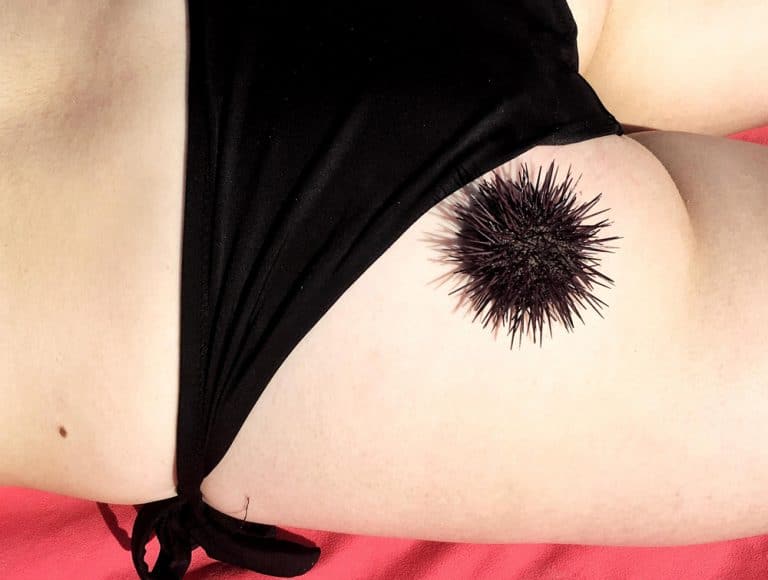Love Island is cancelled due to COVID-19. Here’s why we will miss the show

Love Island is a controversial topic—on a par with Brexit and political correctness. We all know that there are two different types of summer people: those who watch Love Island and those who don’t. Much to the joy of those who despise the TV reality show, Love Island will be cancelled this summer due to the coronavirus pandemic.
Could Love Island still air in Cornwall instead?
Last week, ITV’s head of studios Kevin Lygo said that although the show would not be filmed in Majorca, it could potentially be filmed in the UK and take place in Cornwall. He also added that if the show was to be aired, he would feel “uneasy” about it. Filming people kissing and hanging out in a group while the rest of the nation is being told to socially distance could certainly be perceived as insensitive.
Love Island is cancelled (for now)
Today, Lygo spoke again and announced: “We have tried every which way to make Love Island this summer but logistically it’s just not possible to produce it in a way that safeguards the well-being of everyone involved and that for us is the priority.” Summer 2020 is officially ruined.
Why we will miss Love Island
Think about it, having no Love Island means no new weird terms that only you and your mates who watch the show can use all summer long. Remember ‘bev’? What about the ‘do bits society’, also called ‘DBS’? Sadly, we won’t get any this year.
We will also miss the typical characters that Love Island offers us every year. As much as we enjoy criticising them, we also secretly create some sort of bonds with them—we end up seeing personality traits that we can relate to in ourselves—with the exception of Curtis. No one was able to understand what was going on in his mind, and even less so when he was dancing.
The thing is, of course Love Island has many flaws. But even the show’s bad aspects are part of what makes it so good. Do you hate the toxic masculinity and toxic monogamy that it promotes as much as we do? Sure, but this problematic behaviour helps to open up more conversations about why it is wrong in the first place.
Love Island reflects our society: the bad, yes, but also the good. It compels us not to be so judgmental, and that’s one of the many things we will be missing this summer.
Love Island will be back in 2021, stronger than ever
Whatever that means—more smooching, bad tan lines and blindingly white teeth? Lygo confirmed that Love Island will be back in 2021, saying: “We are very sorry for fans of the show but making it safely is our prime concern and Love Island will be back stronger than ever in 2021.”
In the meantime, let’s all try to enjoy this summer as much as we possibly can. Stuck indoors or not, without Love Island to accompany us through every evening, summer 2020 is bound to be tedious and dull. But look on the bright side, this will give you all the time you need to catch up on Netflix’s Too Hot to Handle.
Apparently, just like with grey hairs, if you cancel one TV reality show, two new ones replace it.





